America's troubling pandemic reality
It's become apparent that COVID isn't going away any time soon. Where does that leave us?

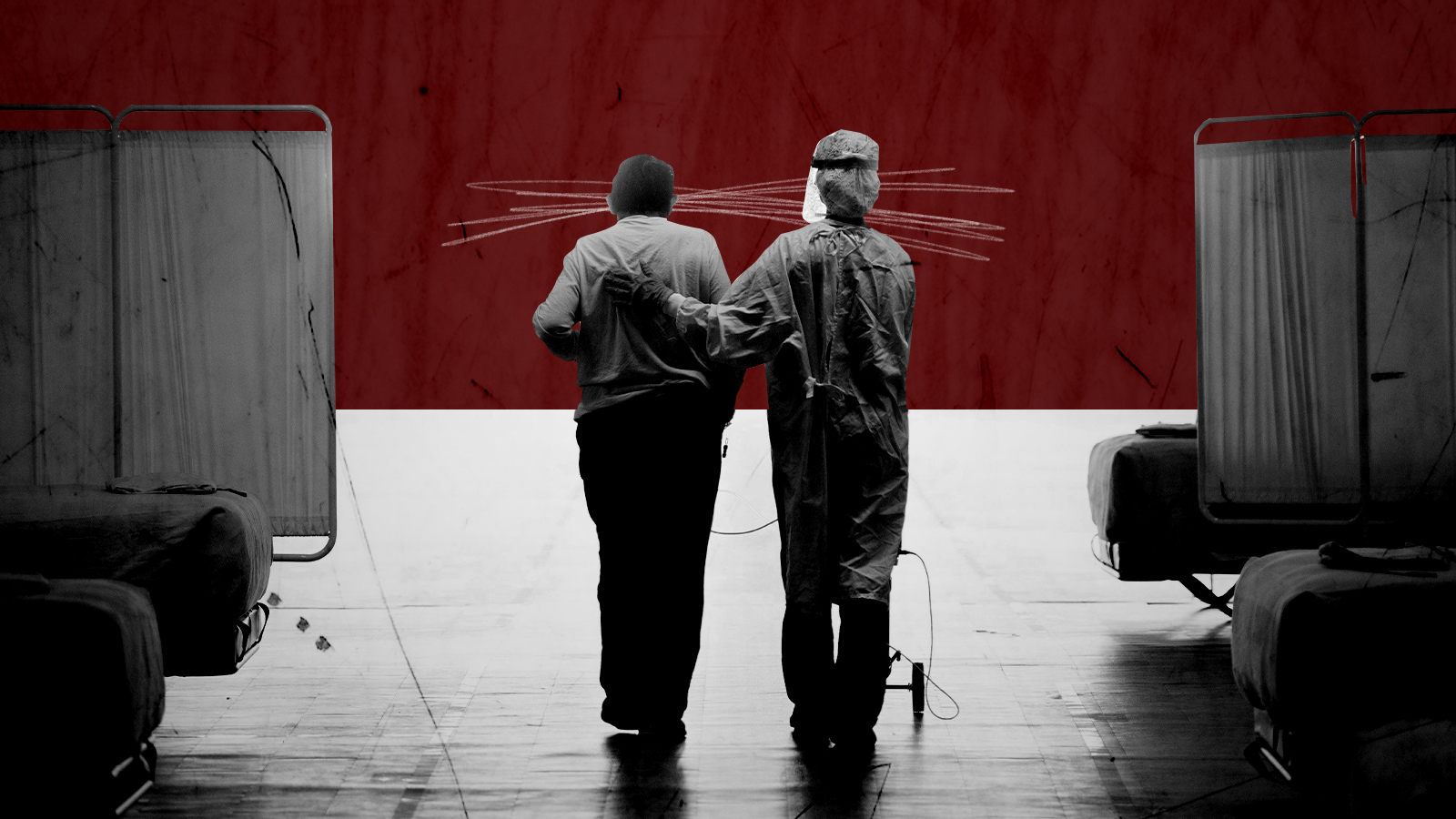
A free daily email with the biggest news stories of the day – and the best features from TheWeek.com
You are now subscribed
Your newsletter sign-up was successful
What do we call this phase of the pandemic in America? Stalemate? Limbo? The new normal?
It's certainly odd and even horrifying, whatever the label. Florida on Sunday set a new pandemic-era record with more than 10,000 COVID-related hospitalizations reported. A similar record was set Saturday in Springfield, Mo. Medical facilities in Oklahoma, New Mexico, and Louisiana, among others, reported a spike in patient admissions. Young adults are the largest demographic group among the newly hospitalized, and the number of children being admitted is also spiking in some states. For many people, in many parts of the United States, this is a scary moment: Every one of those hospitalizations represents — at the very least — a life disrupted.
On the other hand, about half the country is fully vaccinated — mostly protected from severe illness, and death, even against the Delta variant. As a result, you're not really seeing calls to shut down businesses or send everybody back to their homes for a fresh round of no-contact grocery deliveries and Zoom meetings. Some of us are wearing masks again, and maybe we're taking more time getting back to the office than we thought we might, but at the moment it doesn't look like everyday life is going to be utterly disrupted like it was in March 2020.
The Week
Escape your echo chamber. Get the facts behind the news, plus analysis from multiple perspectives.

Sign up for The Week's Free Newsletters
From our morning news briefing to a weekly Good News Newsletter, get the best of The Week delivered directly to your inbox.
From our morning news briefing to a weekly Good News Newsletter, get the best of The Week delivered directly to your inbox.
"I don't think we're gonna see lockdowns," Dr. Anthony Fauci said Sunday on ABC. "I think we have enough of the percentage of people [vaccinated] in the country — not enough to crush the outbreak — but I believe enough to not allow us to get into the situation we were in last winter."
Then he added: "But things are going to get worse."
So things are bad and getting worse, but not lockdown bad. We could be doing better. We should be doing better: More Americans should be vaccinated by now. But we're not. And it's difficult not to contemplate the possibility that this will be our reality for a while — no longer collectively chained to the pandemic's very worst horrors, but not quite free of it either.
That's not good enough, is it?
A free daily email with the biggest news stories of the day – and the best features from TheWeek.com
We've long known that it is unlikely that COVID will be completely wiped out soon, if ever: There have been endless stories about how the illness will become endemic instead of pandemic, something more akin to seasonal health issues like the flu or cold — a problem, but relatively manageable. What the country is experiencing right now is obviously worse and more severe than that scenario. Troublingly, this is to a large degree the product of millions of individual choices to rely solely on faith, or to watch Tucker Carlson, or to avoid conflicts with friends and family, or simply to prove one's ideological bona fides.
Among the vaxxed, online and in private conversations, there has been a low but unmistakable rumbling that it's time to leave the un-vaxxed to their fates. They made their choice, now let them live — or die — with it. That's understandable, even human: It's exhausting to be stuck with a terrible problem when the resolution is unquestionably there for the taking. It's tough to remain empathetic when you read story after story after story about people who refused to get the vaccine and now, because of great illness or worse, have changed their minds much too late. We're also unfortunately all too practiced at absorbing mass death into our national metabolism. Think about all the gun massacres we've seen in recent years — from Sandy Hook to Orlando to Pittsburgh to El Paso, just for starters — and how little changed in their aftermaths. It probably shouldn't be surprising that more than 600,000 deaths haven't been enough to shake up our society's us-versus-them dynamics. Cynicism is a natural response.
Natural, but wrong. All of us, vaxxed and unvaxxed, live in community. The outbreaks that create new waves of hospitalizations take a toll that all of us pay. Expensive health care can leave entire families destitute and burn out overburdened doctors and nurses, leaving our entire health-care system more fragile. And don't forget about the possibility of more variants arising as long as there's a substantial population of unvaxxed people acting as incubators. The longer we exist in this half-vaxxed, half-not state of being, the more likely it is we will all feel the terrible fallout.
In theory, that's an argument for vaccine mandates. In reality, I suspect we're too politically polarized for the government to impose them except in a few bright blue states. Perhaps mandates from big employers like Google and Walmart will move the needle. Maybe we'll get lucky and be like Great Britain, where the Delta surge seems to be sputtering out sooner than expected. Or maybe a healthy, rational fear of the virus will spur more Americans to finally go get their shots. We can hope, because the situation we're living in right now isn't good enough. The new normal is a horror show.
Joel Mathis is a writer with 30 years of newspaper and online journalism experience. His work also regularly appears in National Geographic and The Kansas City Star. His awards include best online commentary at the Online News Association and (twice) at the City and Regional Magazine Association.
-
 The Gallivant: style and charm steps from Camber Sands
The Gallivant: style and charm steps from Camber SandsThe Week Recommends Nestled behind the dunes, this luxury hotel is a great place to hunker down and get cosy
-
 The President’s Cake: ‘sweet tragedy’ about a little girl on a baking mission in Iraq
The President’s Cake: ‘sweet tragedy’ about a little girl on a baking mission in IraqThe Week Recommends Charming debut from Hasan Hadi is filled with ‘vivid characters’
-
 Kia EV4: a ‘terrifically comfy’ electric car
Kia EV4: a ‘terrifically comfy’ electric carThe Week Recommends The family-friendly vehicle has ‘plush seats’ and generous space
-
 Book reviews: ‘We the People: A History of the U.S. Constitution’ and ‘Will There Ever Be Another You’
Book reviews: ‘We the People: A History of the U.S. Constitution’ and ‘Will There Ever Be Another You’Feature The many attempts to amend the U.S. Constitution and Patricia Lockwood’s struggle with long Covid
-
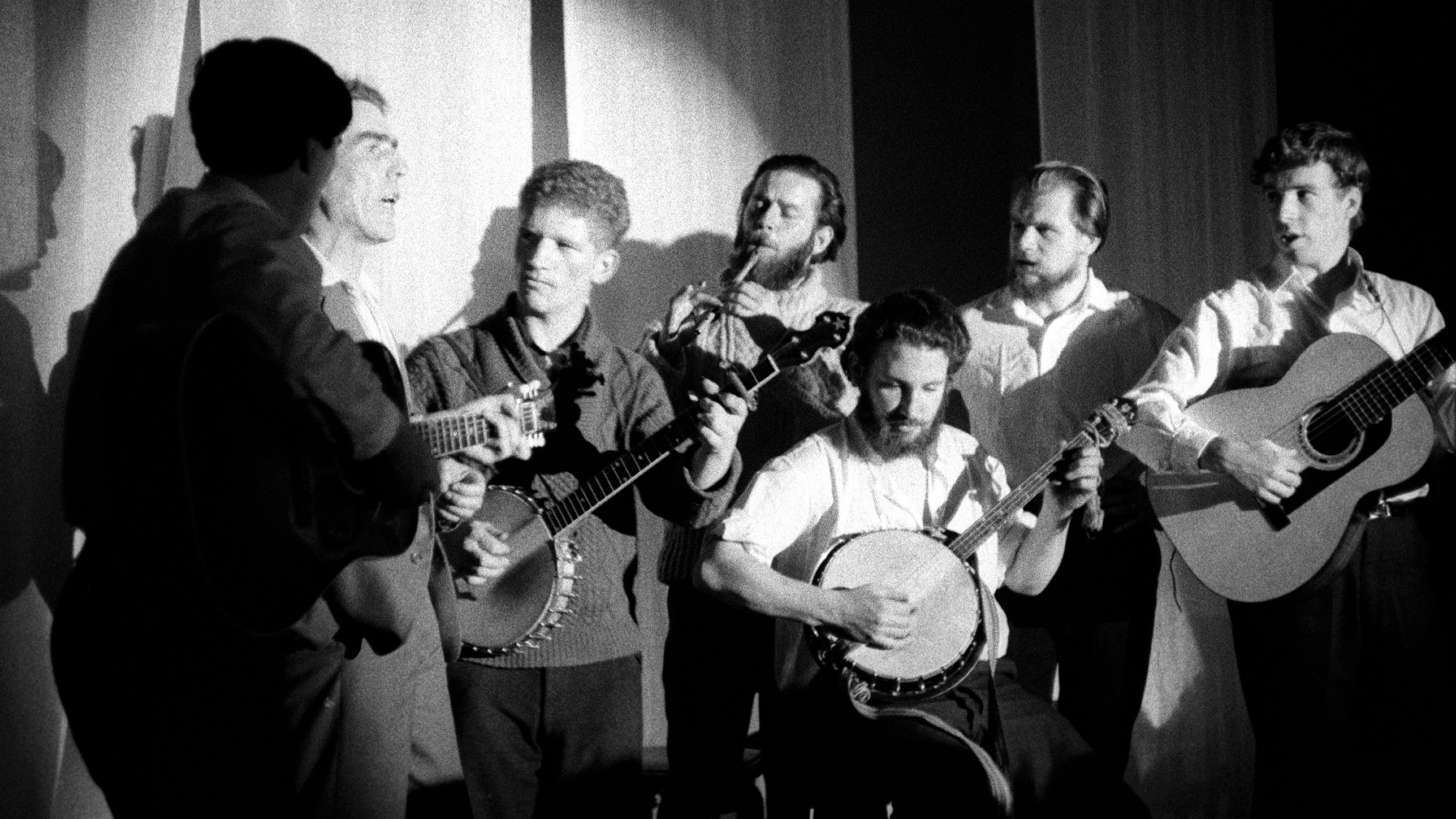 Why Irish traditional music is having a moment
Why Irish traditional music is having a momentIn The Spotlight Frustrations with isolation and technology credited for reviving 'auld' trad tunes
-
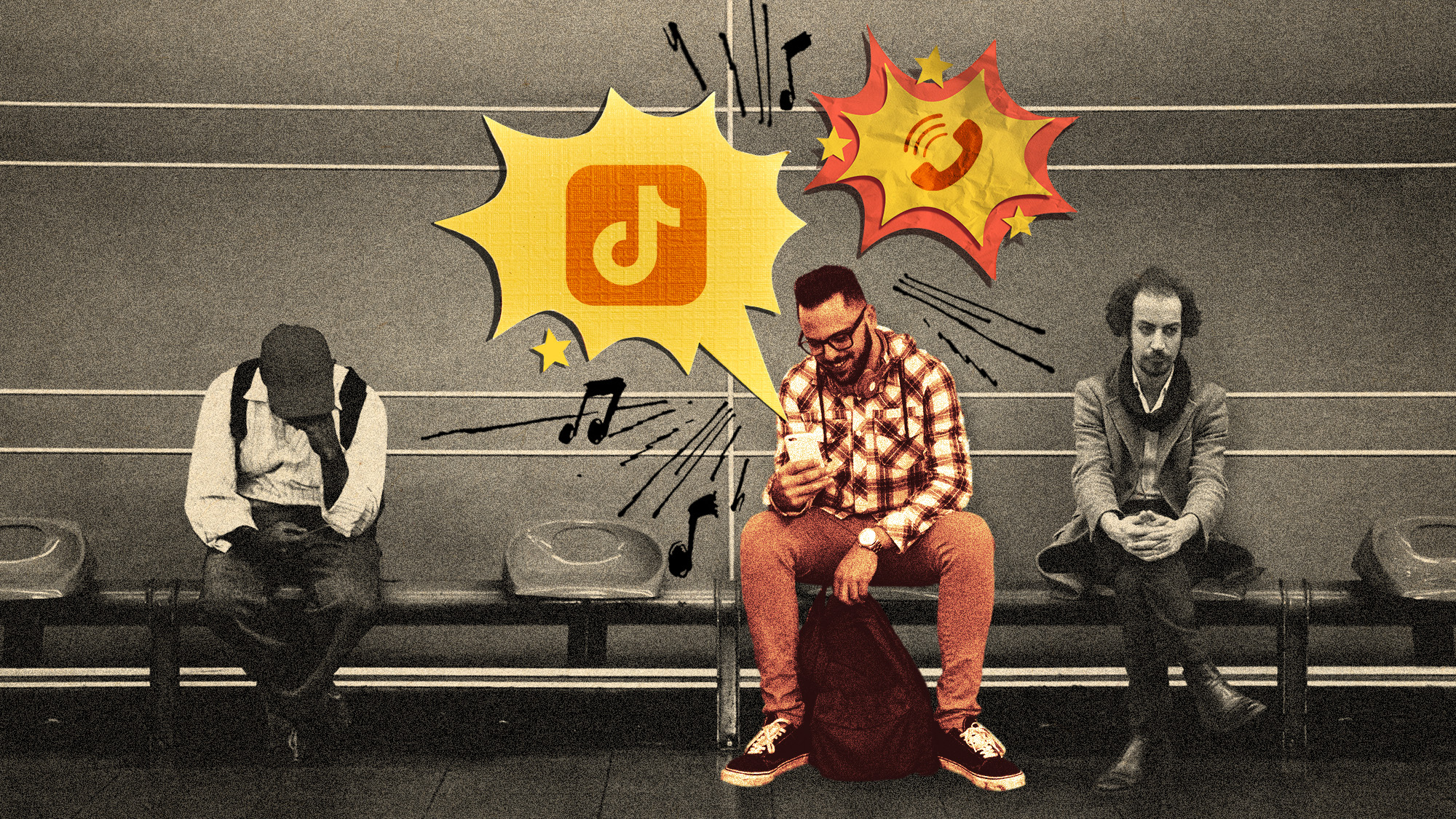 A not-so-quiet place: Why is no one using headphones in public anymore?
A not-so-quiet place: Why is no one using headphones in public anymore?Under the Radar People are increasingly comfortable with both speakerphone and watching videos (very) out loud
-
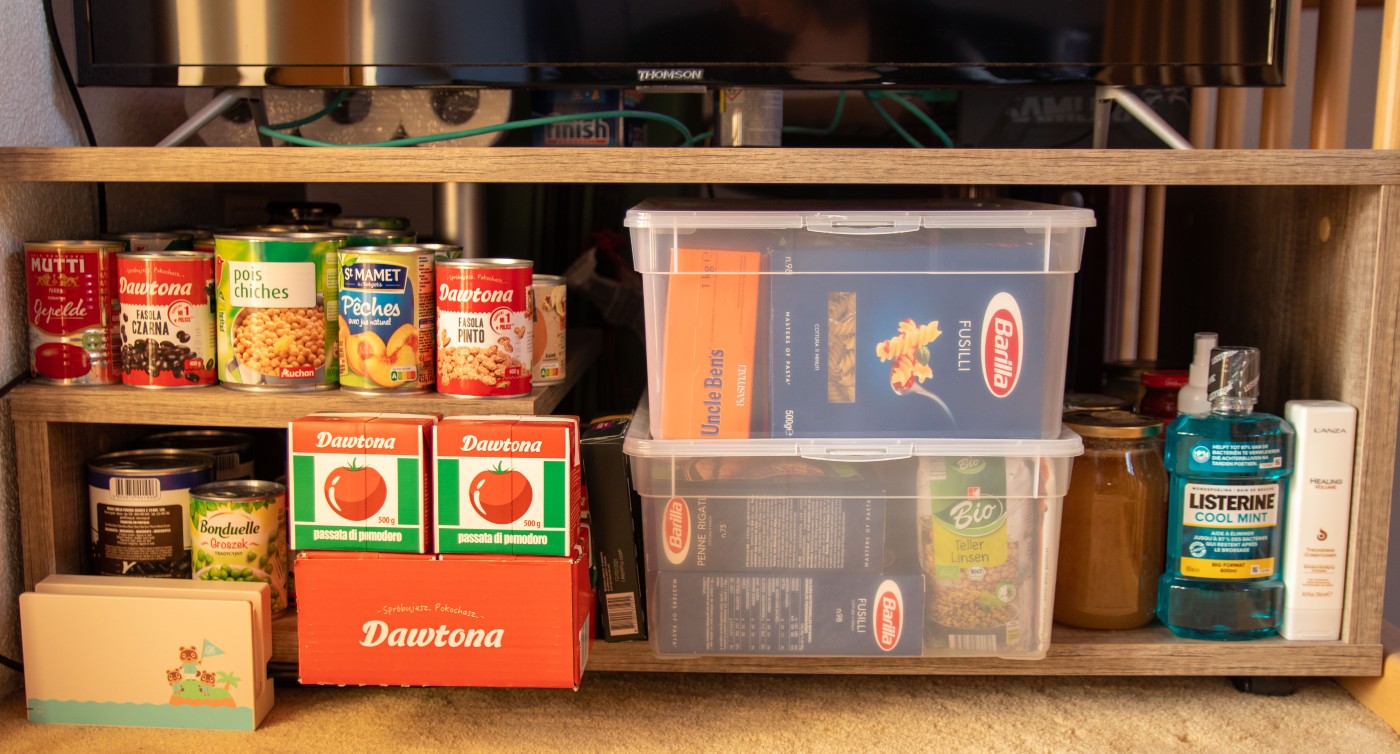 Gas masks and loo rolls: why 'preppers' are on the rise
Gas masks and loo rolls: why 'preppers' are on the riseUnder The Radar Doomsday community has expanded from 'Rambo wannabes' to 'Tesco regulars'
-
 Breathtaking: the Covid drama that may make you scream
Breathtaking: the Covid drama that may make you screamThe Week Recommends ITV three-parter is a 'tour de force' that exposes 'political complacency'
-
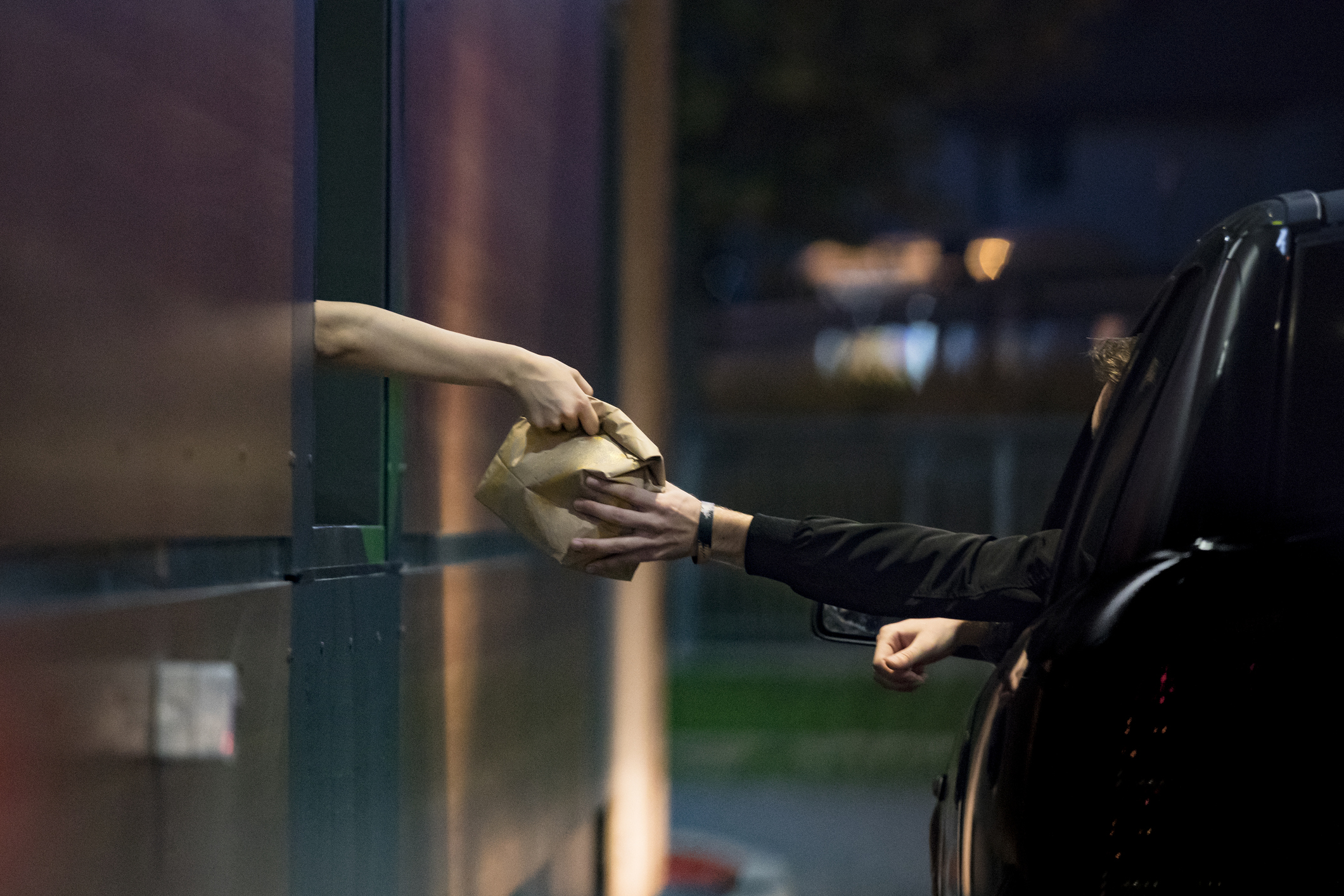 The lasting changes of the post-pandemic dining era
The lasting changes of the post-pandemic dining eraThe Explainer The newest of new normals
-
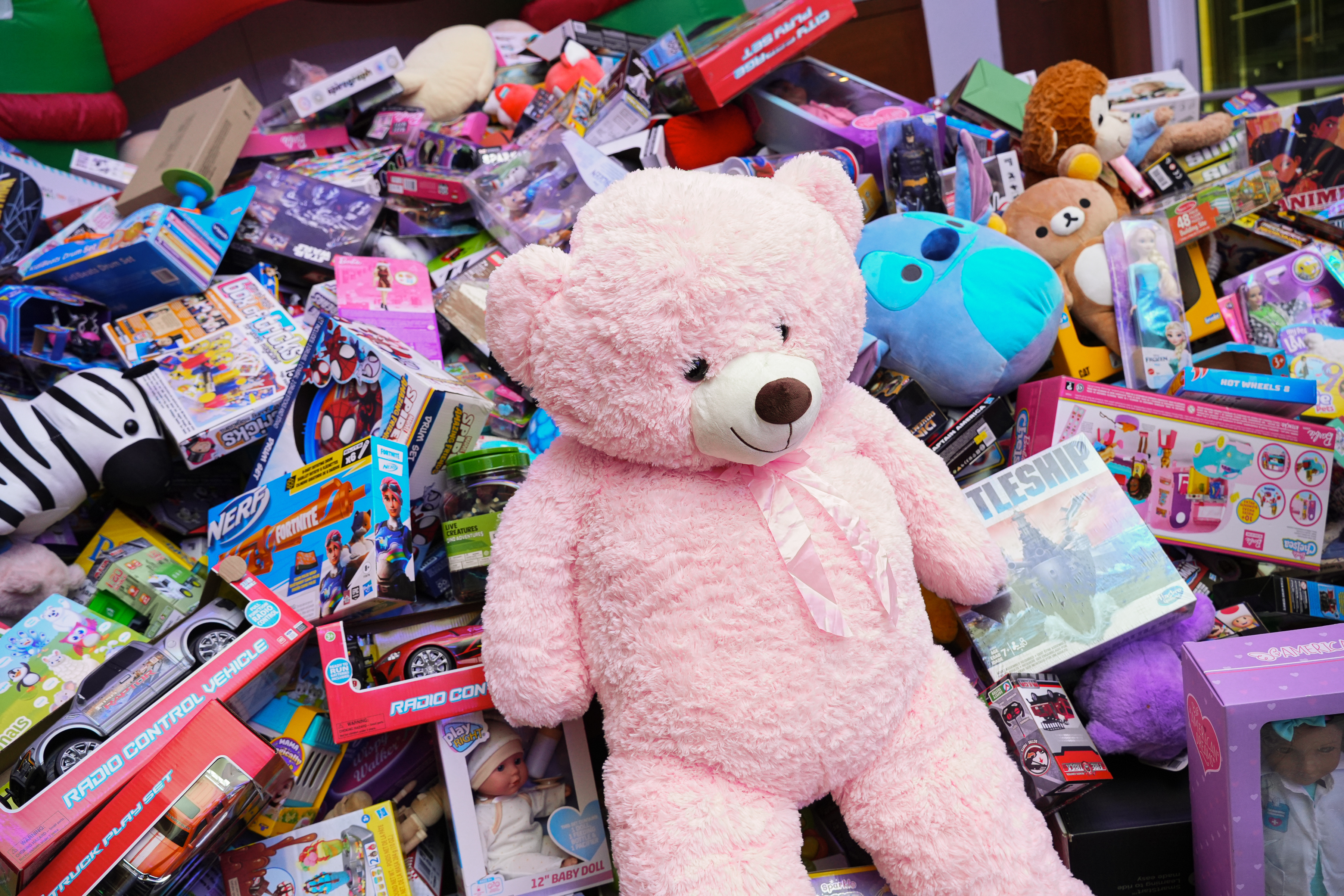 The week's good news: Dec. 14, 2023
The week's good news: Dec. 14, 2023Feature It wasn't all bad!
-
 How revenge travel is impacting the aviation and tourism industries
How revenge travel is impacting the aviation and tourism industriesTalking Point The surge in travel is a far cry from the previous pandemic years during which travel took a hit
